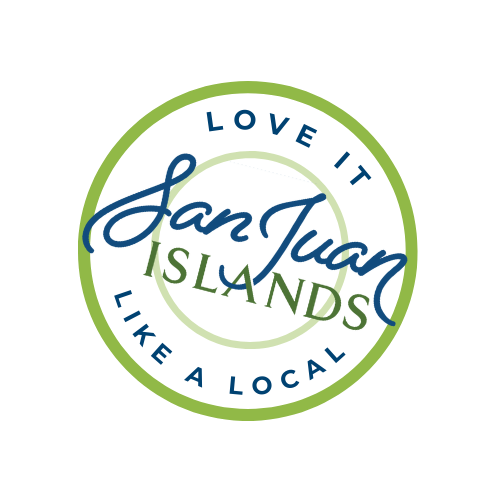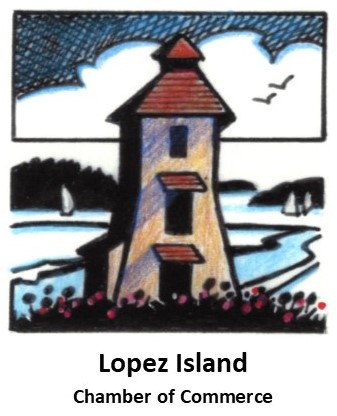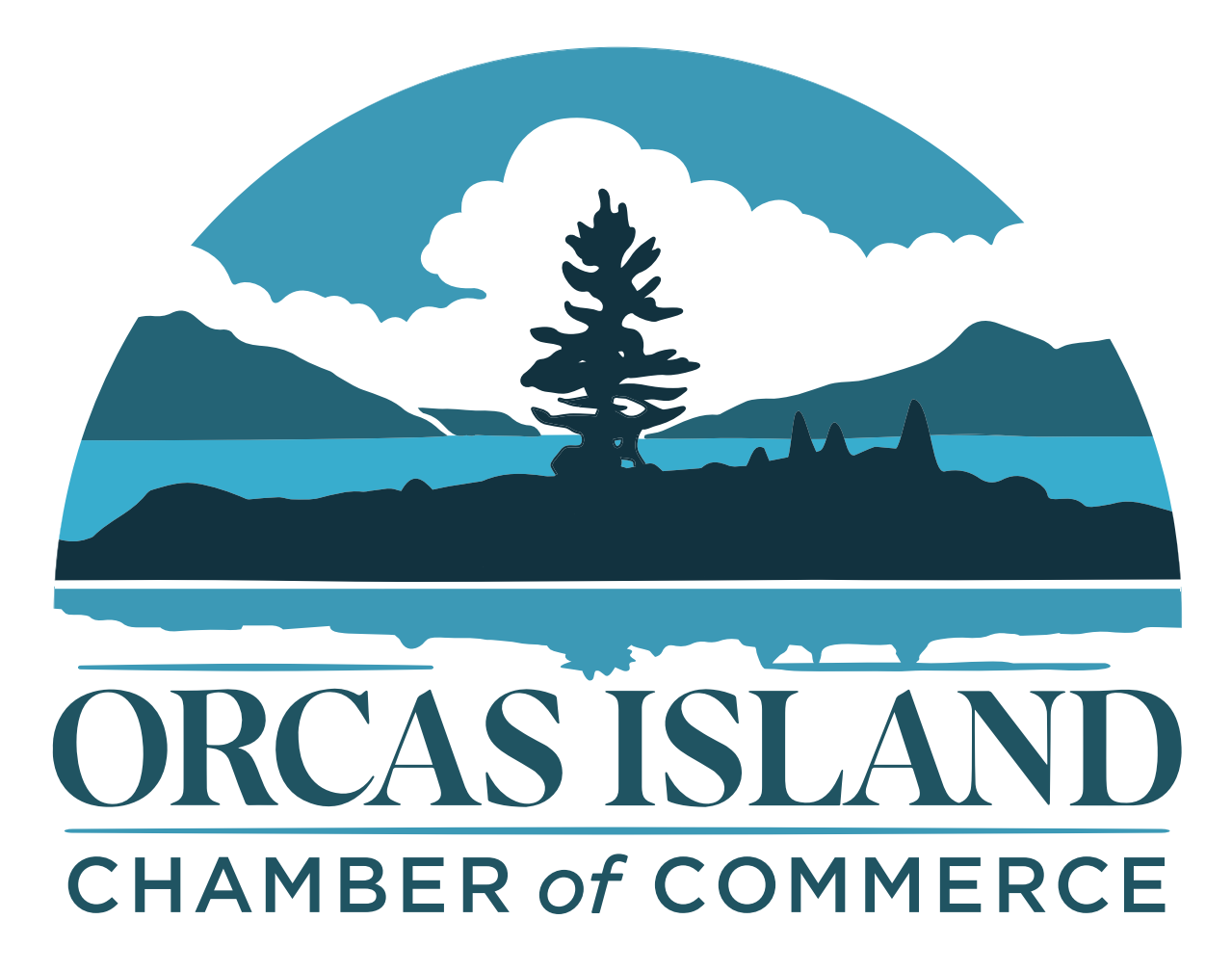How You Can Help The Southern Resident Orcas
Three orca pods, J, K & L—the critically endangered “Southern Residents”—were federally listed in 2005, but the population continues to struggle. How can you help?
Orca Action Month is every June - a time to celebrate the presence of the Southern Resident orcas in the Salish Sea and take concrete action together for their survival and recovery. For the little ones, fun and learning combine at The Whale Museum in Friday Harbor, the first museum on the West Coast dedicated to the stewardship of whales.
There are a lot of actions we can take in our day-to-day lives, from the grocery list and household chores to contacting elected officials. We've made the list below by gathering tips from several local conservation organizations dedicated to orca recovery.
11 Ways You Can Support Orca Whales

Reach out to your own elected officials and ask them to oppose any harmful changes to the Endangered Species Act and the Marine Mammal Protection Act, which provide crucial protections to this endangered population

Take steps in your home to reduce the number of contaminants entering the water. Switch to natural household cleaning products and beauty products that don't contain microplastics or other harmful chemicals.
Use self-serve or tunnel carwashes instead of your driveway to keep soap out of storm drains and keep maintenance up to date to prevent harmful metals like copper dust from brakes mixing into stormwater runoff.

The Southern Resident orca whales eat almost exclusively Chinook salmon. When choosing your next meal, opt for salmon other than Chinook or farmed- try pink or chum salmon that are more plentiful. Learn more about sustainable seafood options and choose products labeled Salmon-Safe.

Use reusable grocery bags, food storage bags, and mesh produce bags for shopping and more. Invest in reusable water bottles for the whole family and use eco-friendly alternatives to plastic straws and utensils.

There are many ways to get involved and support orca protection - including signing letters and petitions. Various action groups compile documents for you to lend your support. Be sure to read each one thoroughly to ensure it keeps the whales' best interests at heart.

There are federally mandated laws and viewing guidelines for whale watching companies and other boaters to ensure orcas are not harmed, disturbed, or otherwise negatively affected by your presence. Before booking a trip, ask about the company's commitment to these guidelines and local conservation

Help the seas be trash-free! Each of the major islands participates in the Great Islands Clean-up - a day of service. Usually around Earth Day on April 22nd, locals and visitors alike join together to pick up trash along beaches and roadways.
Puget Soundkeeper Alliance has regularly scheduled cleanups and tips on hosting your own.

Follow the federally regulated Be Whale Wise guidelines and give these magnificent animals their space. The guidelines include maintaining a safe distance from whales, slowing your vessel to under 7 knots when within a half mile of the nearest marine mammal, and always approaching and departing from the side, moving parallel to the animal's direction of travel.
If you see a flag:
- Whales are in the vicinity of the boat or land station flying the flag
- Slow down to 7 knots or less
- Maintain compliance with Be Whale Wise guidelines and laws
If you have a flag:
- When you encounter whales within 0.65 mi (1 km) of you, raise the flag
- Slow down to 7 knots or less
- Maintain compliance with Be Whale Wise guidelines and laws

There are many organizations working to help the Southern Residents and the Salish Sea. Visit The Whale Museum in Friday Harbor and adopt an orca! You can also support whale and dolphin conservation at www.whales.org. Be sure to check out the Center for Whale Research's Orca Survey Outreach & Education Center or volunteer with Whale Scout or Orca Network.

Share the story of the Southern Residents and why they’re endangered. The more people who know and love these orcas and demand action on their behalf, the better chance we have at saving them!
















